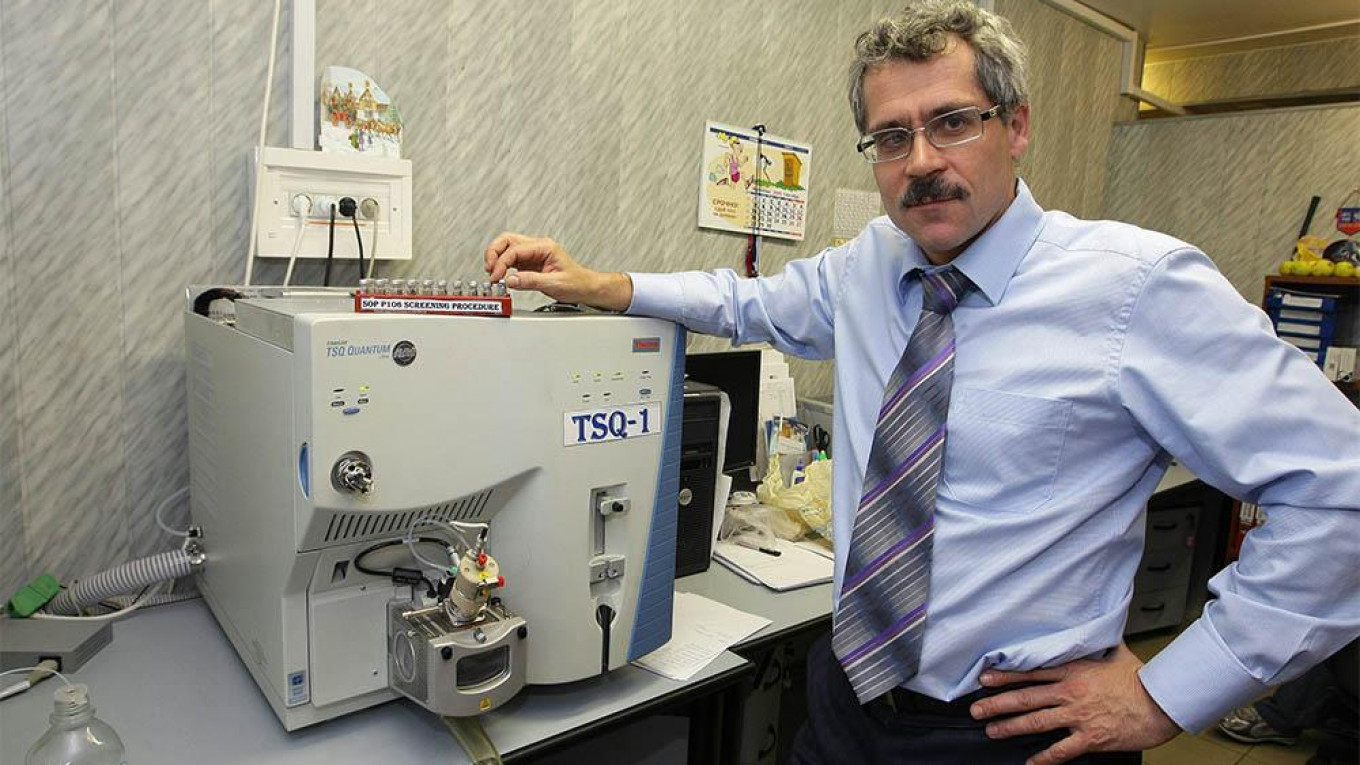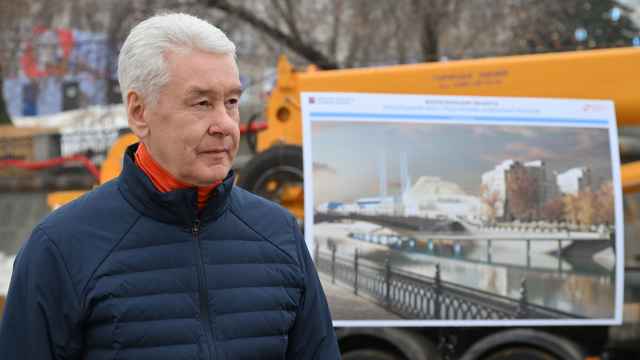Doping saga
Grigory Rodchenkov, the former Russian anti-doping official, will provide testimony on Russia's state-sponsored doping program despite threats to his life, Jim Walden, his lawyer, told the BBC.
The Court for Arbitration of Sport is scheduled to consider the appeals this month of Russian athletes and former sports minister Vitaly Mutko against their lifetime Olympic bans for doping offences.
Psychiatric evaluation
GULAG historian Yury Dmitriev, the head of the Karelia Memorial Society, was taken for a psychiatric evaluation at the notorious Serbsky Institute for Forensic Psychiatry, known for its mistreatment of dissidents in the Soviet era.
While a judge recently released Dmitriyev from pre-trial detention, she submitted photographs he had taken of his adopted daughter for a third analysis to determine if he should be charged with child pornography, an accusation his lawyer says is fabricated.
Communism and Christianity
In a clip from the “Valaam” documentary film aired on TV, President Vladimir Putin is seen comparing communism to Christianity and Lenin's tomb with the tomb of a saint, acknowledging that "someone might not like" the comparison.
"Communist ideology is very similar to Christianity, in fact: freedom, equality, brotherhood, justice — all of that is laid out in Scripture, it's all there,” said Putin.
Olympic retaliation
Russia plans to enact sanctions against World Anti-Doping Agency (WADA) officials after February's Winter Games in retaliation for Russia’s Olympic ban.
Members of Russia’s upper house of parliament told Izvestiya that some 10 people would be sanctioned; some of whom may be from the FBI and the office of U.S. special prosecutor Robert Mueller.
Mistaken victory
On Sunday, Google searches about the 2018 Russian presidential elections in Russian and English listed Vladimir Putin as having already won.
A representative of Wikimedia, which supports Wikipedia, told the RBC business portal that the result was caused by an error on a Wikipedia page that was quickly removed.
Police pressure
Relatives of Oyub Titiyev, head of the Chechen Memorial human rights group who was detained last week on drug charges, have fled Chechnya following his arrest.
"Under threat of creating problems for his family, the police are trying to get confessions out of him," his lawyer Pyotr Zaikin told the Interfax news agency.
Blocked sites
Alexander Bastrykin, the head of Russia's Investigative Committee, has said that authorities should be able to block extremist websites before obtaining a court order.
"I think such a procedure will provide the opportunity to react more rapidly to extremism propaganda on the Internet," the parliamentary Rossiyskaya Gazeta cited Bastrykin as saying.
Poisoned Russians
On Jan. 13, at least 50 cadets at a military school in the suburban Moscow town of Lubertsi were hospitalized with food poisoning, and some 80 customers fell ill after eating at a cafe in Ulan-Ude, the capital of Buryatia in the far east.
Authorities are investigating both incidents, which appear to have been caused by unsanitary conditions.
A Message from The Moscow Times:
Dear readers,
We are facing unprecedented challenges. Russia's Prosecutor General's Office has designated The Moscow Times as an "undesirable" organization, criminalizing our work and putting our staff at risk of prosecution. This follows our earlier unjust labeling as a "foreign agent."
These actions are direct attempts to silence independent journalism in Russia. The authorities claim our work "discredits the decisions of the Russian leadership." We see things differently: we strive to provide accurate, unbiased reporting on Russia.
We, the journalists of The Moscow Times, refuse to be silenced. But to continue our work, we need your help.
Your support, no matter how small, makes a world of difference. If you can, please support us monthly starting from just $2. It's quick to set up, and every contribution makes a significant impact.
By supporting The Moscow Times, you're defending open, independent journalism in the face of repression. Thank you for standing with us.
Remind me later.






